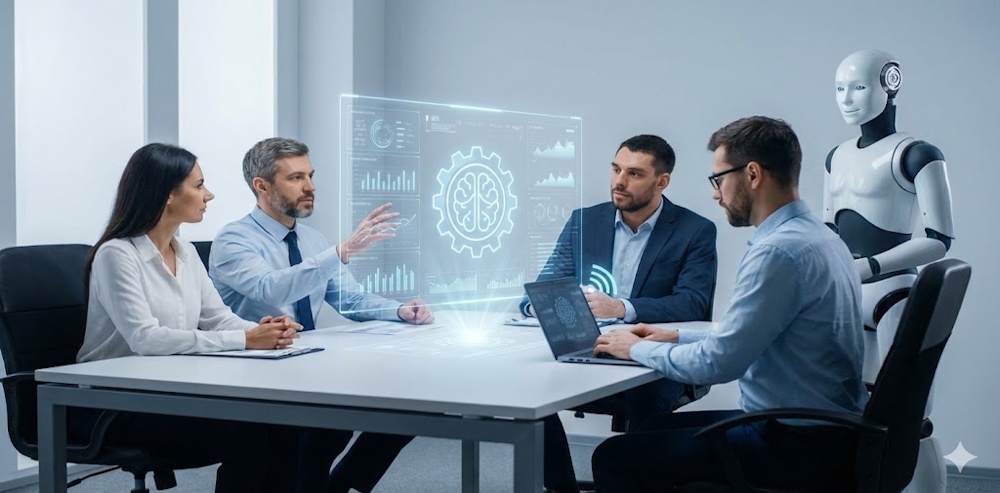
Soft Skills – Essential to Your Management Training in Taipei in 2025
Understanding the distinctions between Millennials and Generation Z is crucial when implementing effective training programs. Soft skills, often grouped together, encompass a range of abilities. An employee may excel in collaboration but lack essential skills such as organization and time management.
For projects that are delayed or over budget, employees might benefit from management training focused on assertiveness to drive timelines or negotiation skills to secure better pricing. Companies can assess their employees’ needs and strengths through formal evaluations. Unlike individual observations or interviews, formal evaluations offer objective, quantifiable data for managers to reference over time.
Not all employees require the same soft skills training; it should be tailored based on their natural abilities and previous experiences. Did you know that your company might already have a learning culture? Whether or not you recognize it, a learning culture consists of organizational values, processes, and practices centered around education.
Many learning directors and managers claim to value learning, yet often, they foster a training culture rather than a true learning culture. The difference? A training culture addresses performance issues through mandatory training dictated by management. Conversely, a learning culture encourages self-driven learning that positively impacts company results and individual performance.
So, how do you build a positive learning culture? Simply inundating employees with material isn’t enough. Managers can foster a better learning environment by:
- Prioritizing learning and integrating it into long-term plans
- Securing support from leadership
- Encouraging and highlighting the benefits of self-directed learning
- Providing opportunities to access content beyond the office, such as on mobile devices
- Maintaining consistency in their approach
Each learning culture will vary based on the needs, personalities, and goals of both the business and its employees. While some may prefer a more structured approach to learning, others may benefit from a more flexible, free-form method. Building an effective culture has numerous benefits, including improved employee morale, reduced turnover rates, and a better workplace atmosphere.
Test time! Do you know the capital of New Hampshire? How about the first element on the periodic table? Or who invented the cotton gin? Even if these answers escape you now, chances are you knew them at one time.
Similarly, effective soft skills training reinforces lessons through follow-up emails, quizzes, and recap videos, ensuring that key information remains fresh in employees’ minds long after training sessions conclude. Ultimahub in Taipei provides these best practices to keep essential skills top of mind.




















